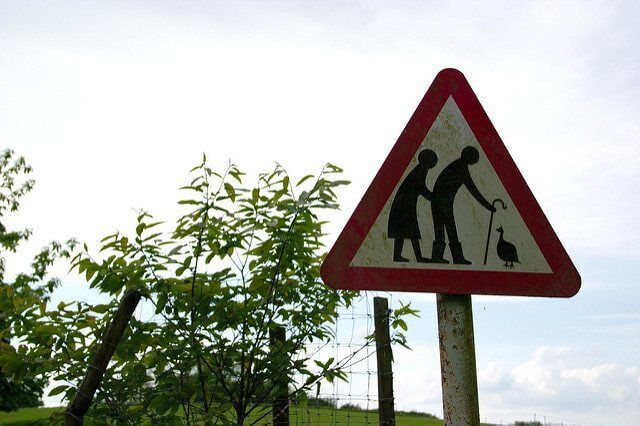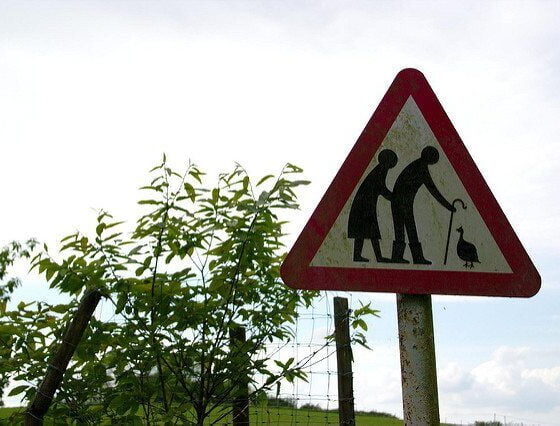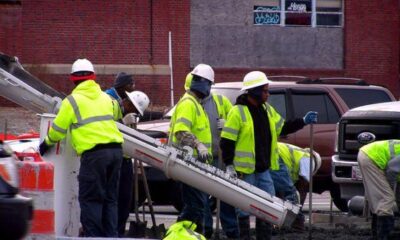

Economy
Significant Growth In Pensioner’s and Poorer Household’s Income Reducing Inequality
The Resolution Foundation warns that living standard divides between generations are increasing.
Inequality fell sharply last year (2015-16) due to strong income growth for retired households and the poorest 40 per cent, but growth among middle income working age households remains weak, the Resolution Foundation said in response to new ONS figures published yesterday.
Household incomes for the poorest fifth of households grew by 5.1 per cent in 2015-16 – driven by strong employment growth, low inflation and rising pensioner incomes (who tend to be poorer). This, coupled with a fall in income for the richest fifth of households, led to a sharp fall in income inequality, which is now back to down to levels last seen in 1986.
The Foundation notes however that growth continues to disappoint for middle-income working age households, whose incomes grew by just 1 per cent. It adds that typical working age household incomes are still £345 a year lower than pre-crisis levels.
The Foundation adds that weak income growth for working age households has led to a growing living standards divide between generations. It says that the welcome fall in overall income inequality masks growing divides between pensioners and working age households – and among pensioners themselves, with pensioner inequality at its highest level since 2001-02.
Matt Whittaker, Chief Economist at the Resolution Foundation, said:
“2016 was another strong year for living standards, particular for poorer households. Strong employment growth, low inflation and rising pensioner incomes over recent years have helped drive inequality down to its lowest level in nearly 30 years.
“However, the last three years of growth have come back off the back of a living standards squeeze so deep that typical working age families are still £345 poorer than they were before the financial crisis. And with employment plateauing, productivity growth refusing to budge and inflation rising, the risk is that this mini boom won’t continue.
“While traditional income inequality has been falling – for now – new living standards divides between generations have opened up as working age households continue to struggle. Getting to grips with this sluggish growth for working middle-income households will be a key mark on which to judge the Prime Minister’s ambitious domestic reform plans.”


 Environment12 months ago
Environment12 months agoAre Polymer Banknotes: an Eco-Friendly Trend or a Groundswell?

 Features11 months ago
Features11 months agoEco-Friendly Cryptocurrencies: Sustainable Investment Choices

 Features12 months ago
Features12 months agoEco-Friendly Crypto Traders Must Find the Right Exchange

 Energy11 months ago
Energy11 months agoThe Growing Role of Solar Panels in Ireland’s Energy Future




























